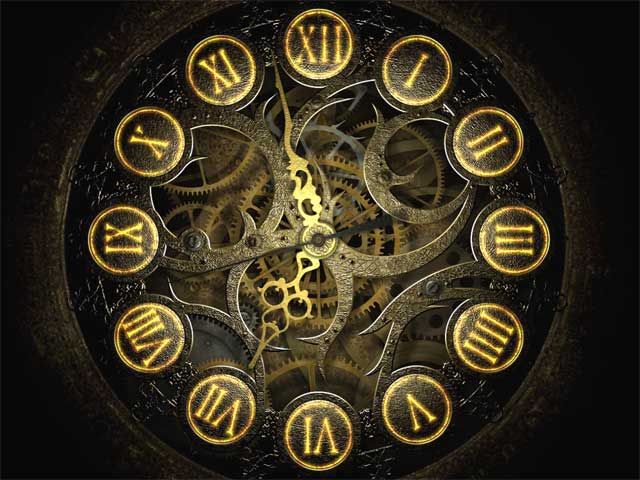
I really enjoyed reading Annie Dillard's Total Eclipse. It is so interesting because some of her sentences are almost like repetition and addition. For example, the first two sentences of paragraphs 1 and 2.
"It was like slipping into fever, or falling down that hole in sleep from which you wake yourself whimpering"- I immediately thought of a nightmare when I read this passage and it is so odd to think that a dream/ nightmare can arouse in you such emotions when you are not conscious of what is going on around you. It has happened to me before too, when you have a horrible dream that seems so real and you awake with tears in your eyes and a feeling of emptiness, actually it just happened the other day which is why this passage really hit me.
I love that Annie Dillard begins with random remembrances from her trip as opposed to the full story of the eclipse itself. She captivates you enough in the first paragraph to be able to go on with the description of the clown. And why is it that she is unable to forget this trivial clown painting? It is so interesting the things that we notice like "a painting of the sort which you do not intend to look at, and which, alas, you never forget. Some tasteless fate presses it upon you."
When reading total eclipse I noticed too that she uses a lot of language connected with descent like "sliding", "slipping", "falling down", "slope", "descended", "lost altitude"...very interesting!
The way that Dillard describes the eclipse is an epiphany in itself! On page 87 she talks about the drive out to find a hilltop and discusses how familiar it is. After reading this, I thought is the familiar something that goes unnoticed or is forgotten to the point of it being meaningless?
Distance obscurs vision (p.88)
"It began with no ado." (p.89) The eclipse in a sense is like an epiphany...you don't know when it will happen, how it will feel...like something else that comes to mind....if ya know what I mean.
I very much enjoy dillard's metaphors too EX.- eclipse--kissing to marrying--fying to falling
I have to babysit so I will add to this later....
"It was like slipping into fever, or falling down that hole in sleep from which you wake yourself whimpering"- I immediately thought of a nightmare when I read this passage and it is so odd to think that a dream/ nightmare can arouse in you such emotions when you are not conscious of what is going on around you. It has happened to me before too, when you have a horrible dream that seems so real and you awake with tears in your eyes and a feeling of emptiness, actually it just happened the other day which is why this passage really hit me.
I love that Annie Dillard begins with random remembrances from her trip as opposed to the full story of the eclipse itself. She captivates you enough in the first paragraph to be able to go on with the description of the clown. And why is it that she is unable to forget this trivial clown painting? It is so interesting the things that we notice like "a painting of the sort which you do not intend to look at, and which, alas, you never forget. Some tasteless fate presses it upon you."
When reading total eclipse I noticed too that she uses a lot of language connected with descent like "sliding", "slipping", "falling down", "slope", "descended", "lost altitude"...very interesting!
The way that Dillard describes the eclipse is an epiphany in itself! On page 87 she talks about the drive out to find a hilltop and discusses how familiar it is. After reading this, I thought is the familiar something that goes unnoticed or is forgotten to the point of it being meaningless?
Distance obscurs vision (p.88)
"It began with no ado." (p.89) The eclipse in a sense is like an epiphany...you don't know when it will happen, how it will feel...like something else that comes to mind....if ya know what I mean.
I very much enjoy dillard's metaphors too EX.- eclipse--kissing to marrying--fying to falling
I have to babysit so I will add to this later....











